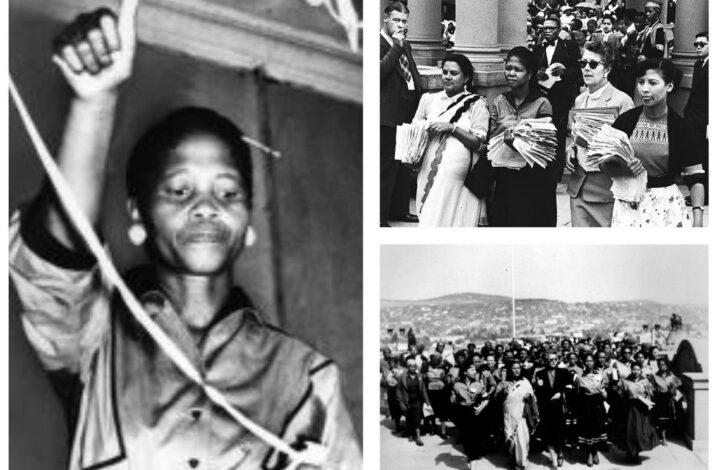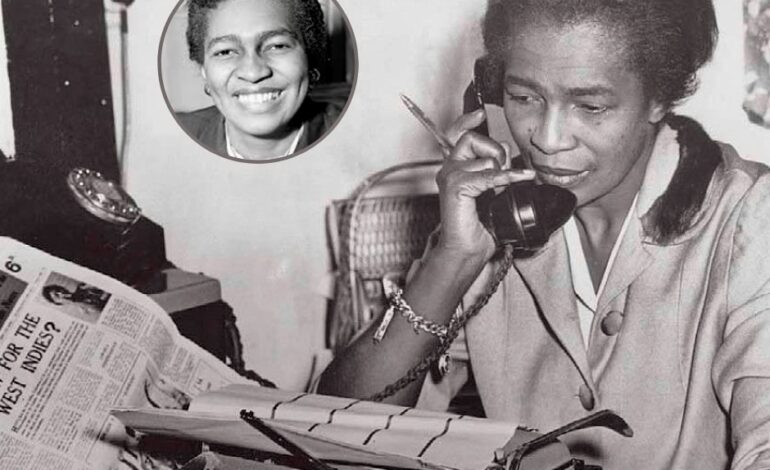
Avellon Williams
SOUTH AFRICA- Lilian Masediba Matabane Ngoyi was a prominent figure in the history of South Africa and a leading anti-apartheid activist. She was born on September 25, 1911, in Pretoria, South Africa, and grew up in a time when racial segregation and discrimination were deeply entrenched in the country’s social and political systems.
Ngoyi’s involvement in activism began in the 1950s when she joined the African National Congress Women’s League (ANCWL). She quickly rose through the ranks and became the league’s president in 1956. Ngoyi played a vital role in mobilizing women against the oppressive apartheid regime, advocating for their rights, and fighting for equality.
One of Ngoyi’s notable achievements was her involvement in the Women’s March on August 9, 1956. This historic event saw approximately 20,000 women of all races from across South Africa march to the Union Buildings in Pretoria to protest against the restrictive pass laws imposed on black women. Ngoyi delivered a powerful speech on behalf of the marchers, highlighting the collective strength and determination of South African women.
Despite facing constant harassment, arrests, and detentions by the apartheid government, Ngoyi remained steadfast in her commitment to the anti-apartheid cause. She was known for her unwavering courage and determination in the face of adversity, earning her the respect and admiration of her fellow activists.
Ngoyi continued her activism throughout the 1960s and 1970s, working closely with other prominent figures such as Nelson Mandela, Walter Sisulu, and Albertina Sisulu. She campaigned tirelessly for the release of political prisoners, the end of apartheid, and the establishment of a democratic and non-racial South Africa.
Lilian Ngoyi’s impact on the struggle against apartheid cannot be overstated. Her tireless efforts and leadership helped galvanize women’s activism in South Africa and played a significant role in shaping the country’s history.
Ngoyi’scontributions were recognized both nationally and internationally, and she remains an important symbol of resilience and determination in the fight against oppression.
Ngoyi passed away on March 13, 1980, but her legacy lives on as a reminder of the power of grassroots movements and the indomitable spirit of those who fight for justice and equality. Her courage and unwavering commitment continue to inspire generations of activists in South Africa and around the world.
RELATED:




